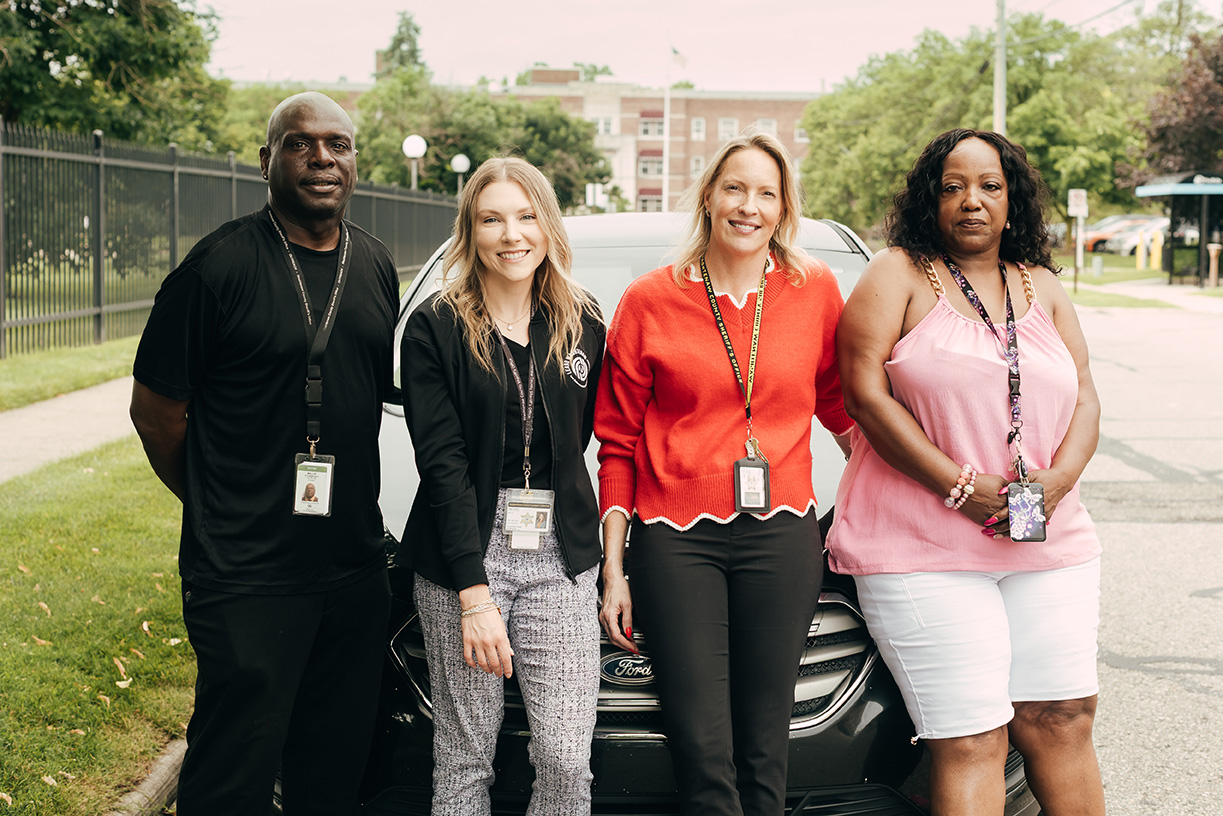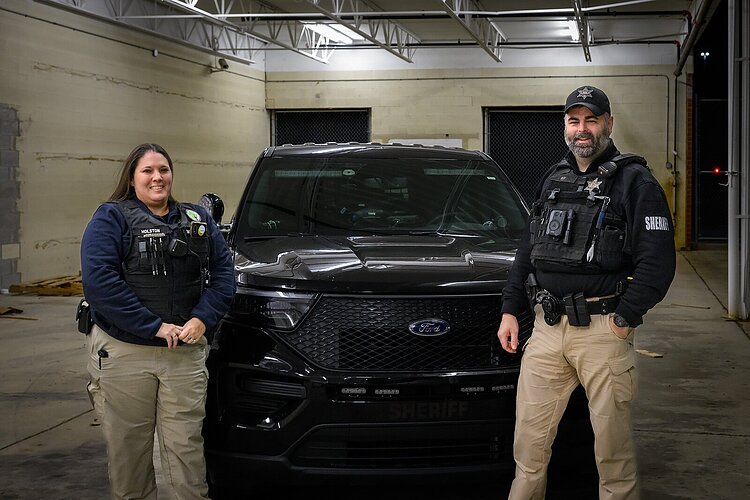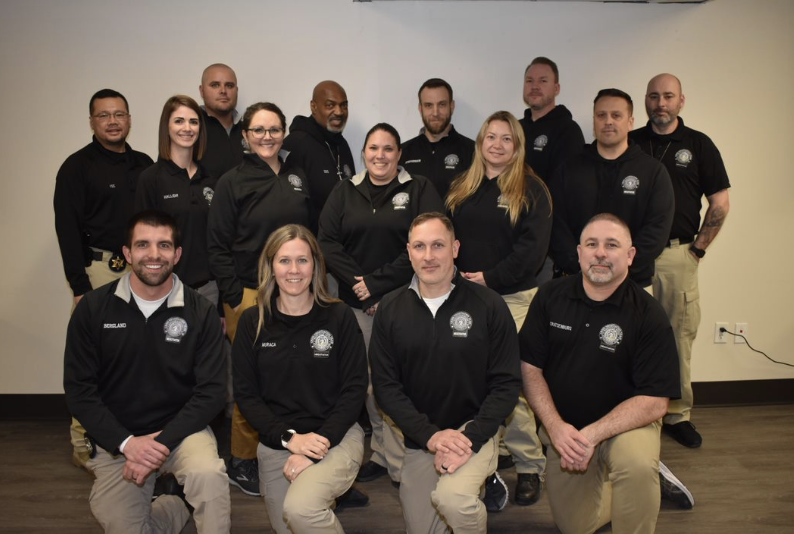Mapping out a comprehensive youth justice system
Millage dollars are helping Washtenaw County leaders work towards a comprehensive youth justice system that will prevent youth from entering juvenile justice and child welfare systems, instead connecting them to appropriate community care based on their underlying needs.
In April of 2024, 69 representatives from a variety of community organizations came together to discuss plans to launch a youth assessment center in Washtenaw County and build a referral network of medical providers, social service agencies, and community organizations. The evidence-based center would serve as a centralized contact point for youth at-risk of being involved in the juvenile justice or welfare systems, identifying their individual needs, and connecting them to appropriate support.
With millage funds, the county also brought on Wayne State University’s Center for Behavioral Health and Justice to help produce a report outlining ways to braid together multiple current projects focused on youth justice reform. The ultimate goal is to transform the youth justice landscape through a collaborative, systemic approach.





